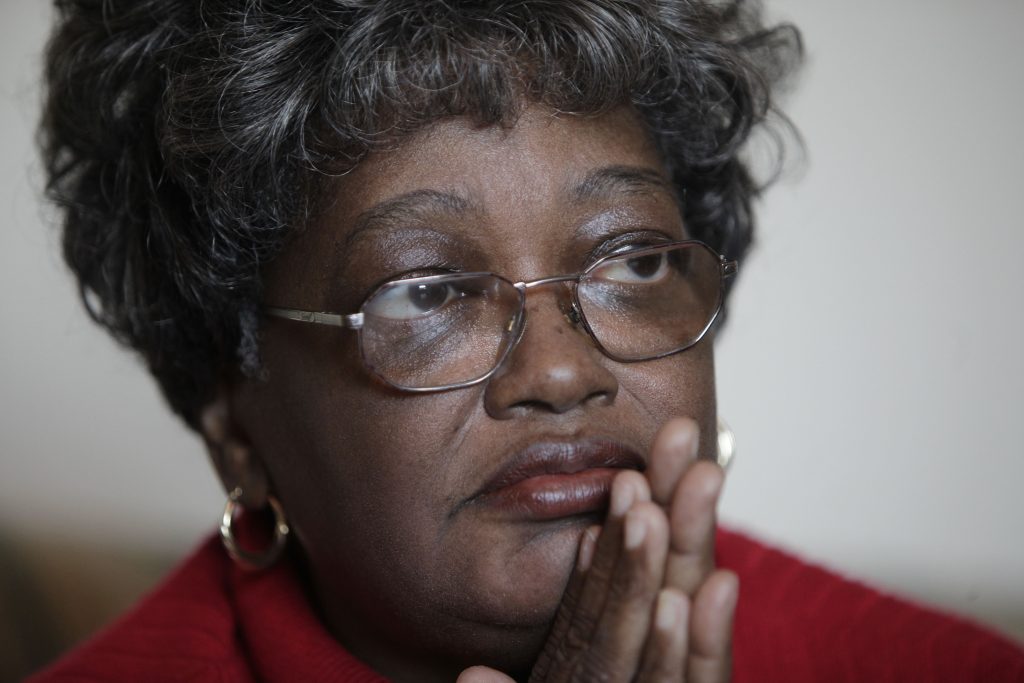With Black History Month finally here, it is important to truly understand the origins and the goals of such a majestic holiday. Created by Carter G. Woodson, one of the first historians to study African-American history, the holiday originated with Negro History Week. Over time, this became what we know today as Black History Month, which was first proposed by black educators and students at Kent State in 1969.
The exciting part about this month is that it coincides with former President Abraham Lincoln’s birthday on Feb. 12 and Frederick Douglass’ on Valentine’s Day. This more than likely came to fruition because these two people were considered, to an extent, revolutionary leaders who helped African-Americans push for freedom.
In 2016, the holiday was introduced in the Netherlands. In a previous article, I criticized Zwarte Piet, a controversial Dutch folk figure who is often portrayed by a white person in black face, but this recognition of the holiday is substantial in moving that country forward and acknowledging the role of African descendants in all parts of the world. Other countries that celebrate Black History Month are Canada, the United Kingdom and Germany.
Why does this all matter? Well, in an increasingly globalized society, it is more important than ever to understand different groups of people. I encourage you to do your research, but I will share some things you probably don’t know. We all learned of significant people throughout African-American history, but that has led to the exclusion of many other influential people from our understanding of history.

Bronx resident Claudette Colvin talks about segregation laws in the 1950s while having her photo taken Thursday, Feb. 5, 2009 in New York. More than 50 years after her refusal to surrender her bus seat to a white woman set the stage for a similar act of defiance by Rosa Parks, Colvin is finally getting her due as a civil rights pioneer. (AP Photo/Julie Jacobson)
For example, 15-year-old Claudette Colvin was one of several women before Rosa Parks to refuse to give up her seat on a Montgomery bus. Colvin and other women were arrested, but many civil rights organizations felt that since Parks was an adult and secretary of the local NAACP chapter at the time, it made more sense to publicize her protest. I don’t say this to degrade Parks in any way but to point out that it is quite impressive how it all worked out.
In another moment of our history, enslaved African-Americans have often been called feeble in fighting back against oppression. But according to countless historical records, this is ludicrous, for the first protest against slavery happened in 1688. Although white men drafted the documents, referred to as the Germantown Quaker Petition Against Slavery, I believe that they most likely met with slaves to come to the conclusion to end slavery. This petition preceded numerous North American slave rebellions that followed in the 1700s and 1800s.
Finally, contrary to the popular belief that millions of enslaved Africans came to the United States, only about 388,000 arrived in the U.S. Millions of others went to South America and the Caribbean between 1700 and the mid-1800s, where they faced oppression we often don’t think of.
Though this history was brief and not in depth, these are among the countless stories and pieces of information that can be found in books, documentaries and living people’s stories. Black History Month is not about treating African-Americans specially or using the month for your own reasons but to genuinely further your knowledge and understanding.
Jonathan Lovelady is a junior economics major from Los Angeles.

